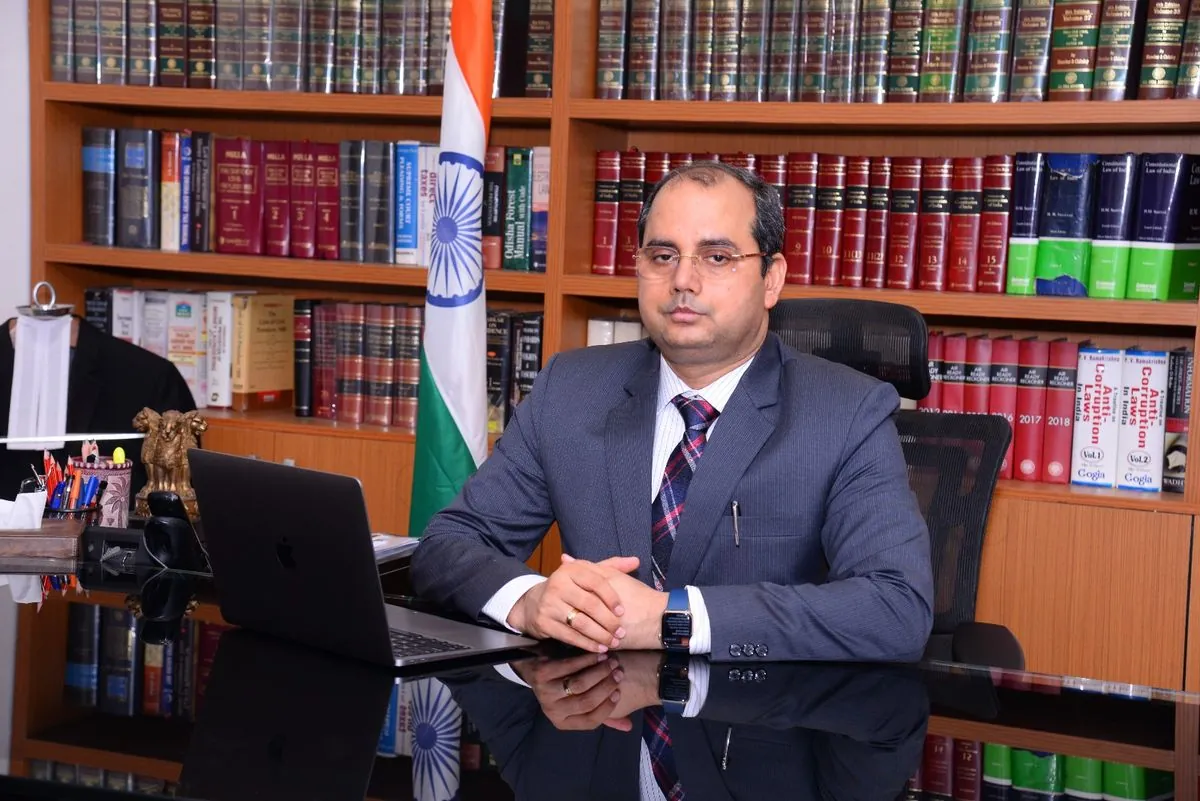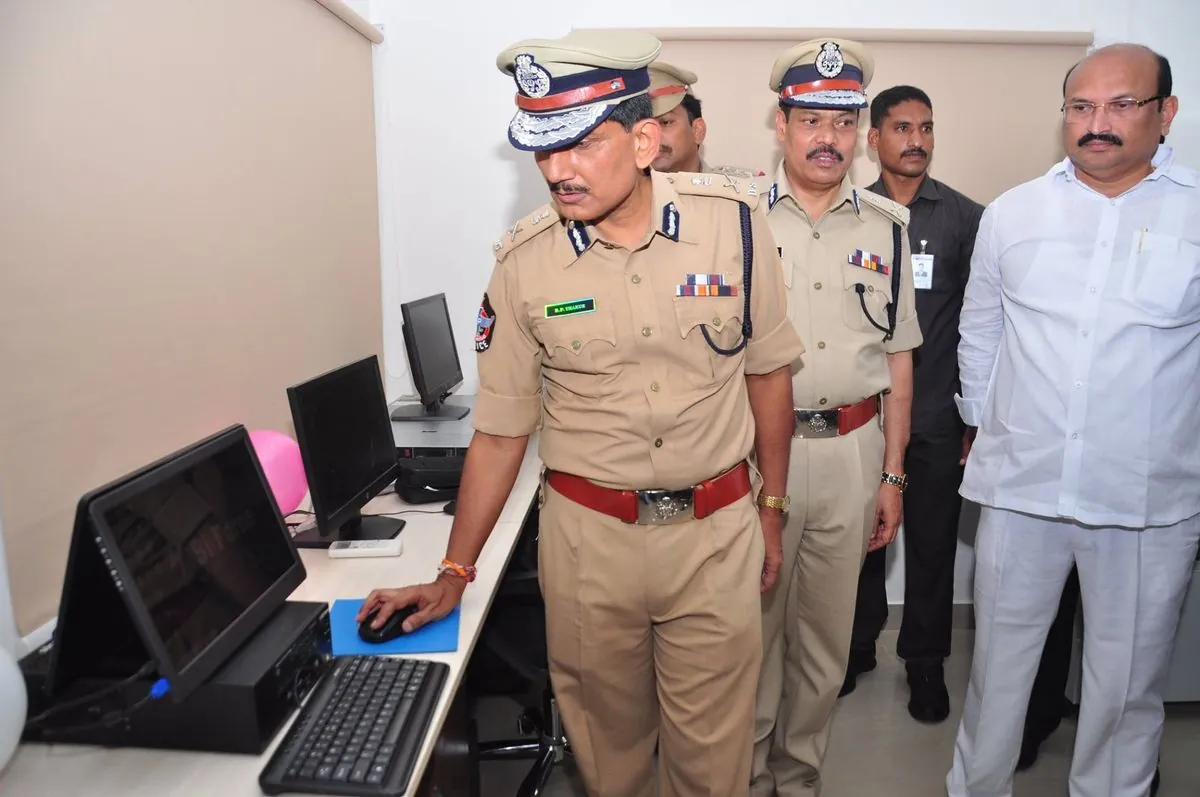Indian Tycoon Loses $830,000 in Elaborate Fake Supreme Court Scam
A prominent Indian businessman fell victim to an intricate online fraud involving a fake Supreme Court hearing, losing $830,000. Police have arrested two suspects and recovered $600,000 in a case highlighting the rising trend of "digital arrests" in India.

In a startling case that underscores the growing sophistication of cybercrime in India, a prominent businessman has fallen victim to an elaborate online scam, losing $830,000. The incident, which occurred approximately one year ago, involved fraudsters impersonating federal investigators and even staging a fake Supreme Court hearing.
S.P. Oswal, the 82-year-old chairman of the Vardhman Group, a major textile company with a global presence, was targeted in this unprecedented fraud. The scam highlights the increasing vulnerability of even high-profile individuals to sophisticated digital deceptions.
According to police reports, the fraudsters approached Oswal under the guise of federal investigators, claiming he was a suspect in a money laundering case. In a brazen move, they organized an online court session where an impersonator posed as Chief Justice D.Y. Chandrachud of the Supreme Court of India.
"They made a Skype call regarding the court hearing ... as per a Supreme Court order I was directed to release all my funds to into a secret supervision account."
This incident is part of a growing trend of "digital arrests" in India, where cybercriminals exploit video call technology to intimidate victims into making payments for fabricated legal violations. The Indian government had issued a warning about this rising phenomenon in May 2023, approximately five months before this incident, noting that over 1,000 Skype IDs involved in such activities had been blocked.

The case has sent shockwaves through India's business community and raised serious questions about digital security. The Supreme Court of India, established on January 26, 1950, is the country's highest judicial forum, making the impersonation of its Chief Justice particularly audacious.
In response to the complaint filed by Oswal, police in the northern state of Punjab have arrested two individuals and recovered $600,000 of the stolen funds. This recovery is considered one of the largest in such cases in India, a country that ranks third globally in terms of internet users with over 600 million as of 2023.
The Vardhman Group, founded approximately 50 years ago, has a turnover of $1.1 billion and operates in more than 75 countries. The textile industry, to which the group belongs, is one of the largest contributors to India's exports, making this case particularly significant for the country's business sector.
This incident serves as a stark reminder of the evolving nature of cybercrime in India. As the nation's digital economy is expected to reach $1 trillion by 2025, the need for robust cybersecurity measures becomes increasingly critical. The Indian Computer Emergency Response Team (CERT-In), the national agency for cybersecurity, faces growing challenges in combating such sophisticated scams.
The case of S.P. Oswal underscores the importance of digital literacy and vigilance, even among seasoned business leaders. As India continues its digital transformation, initiated by the "Digital India" campaign in 2015, the fight against cybercrime remains a paramount concern for both individuals and institutions.


































